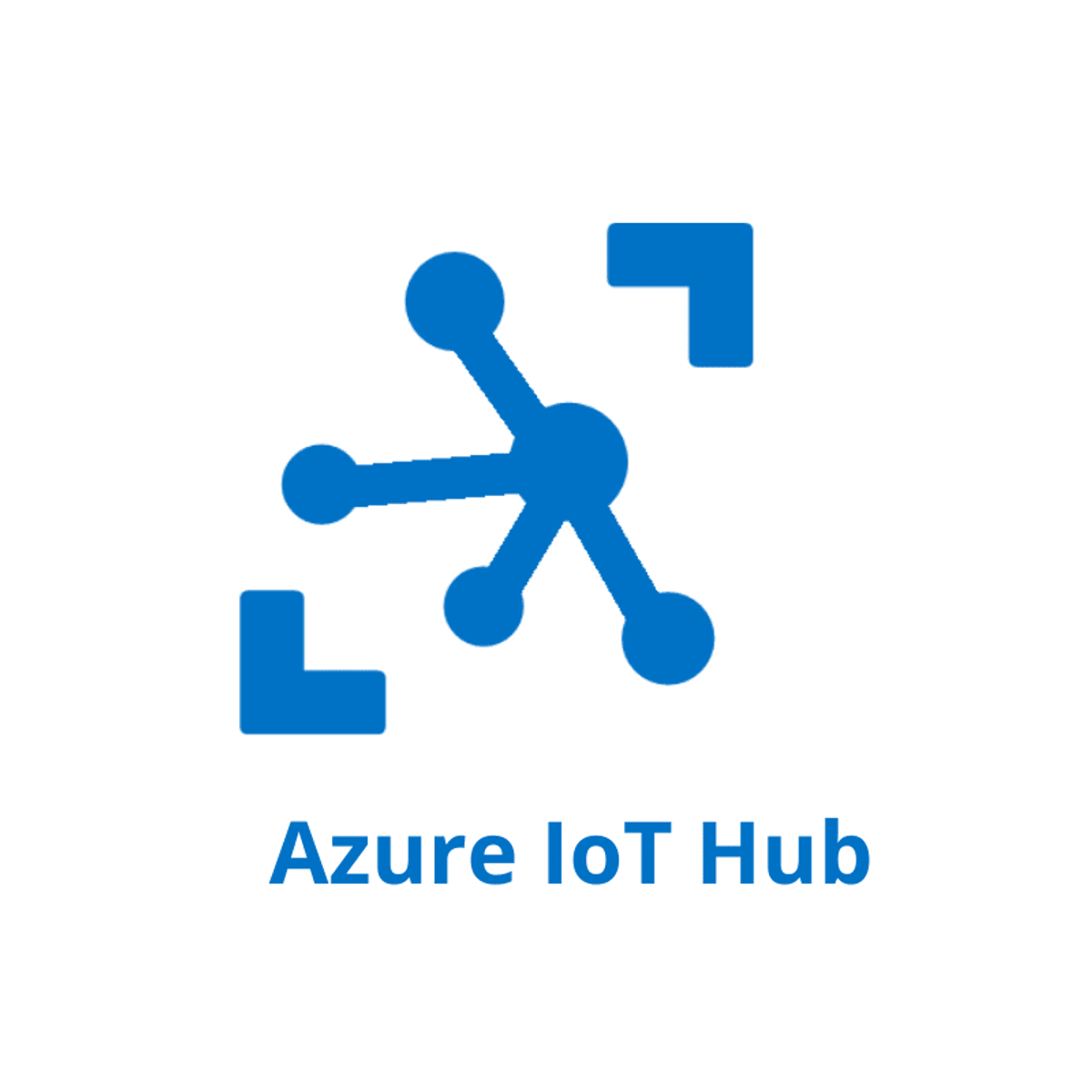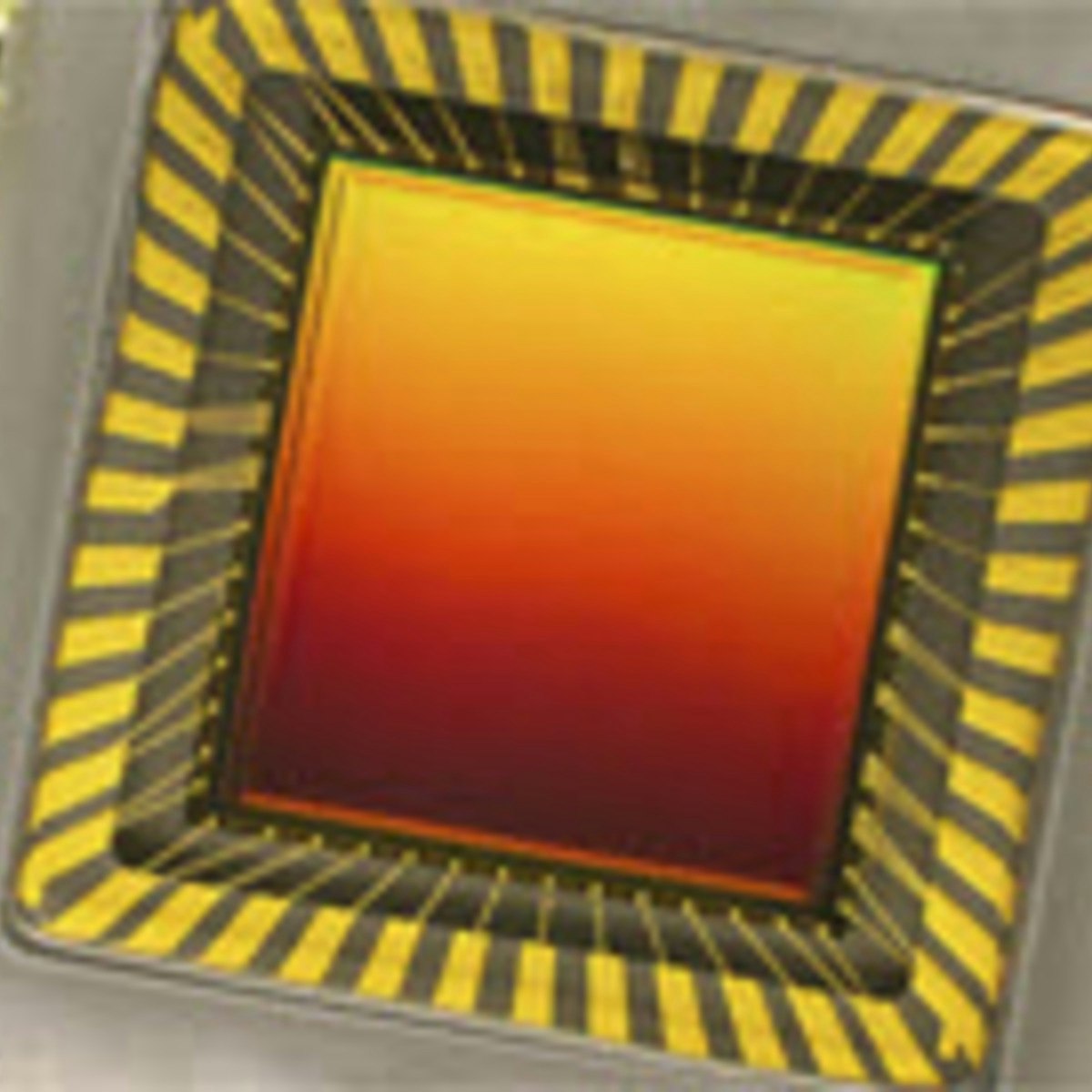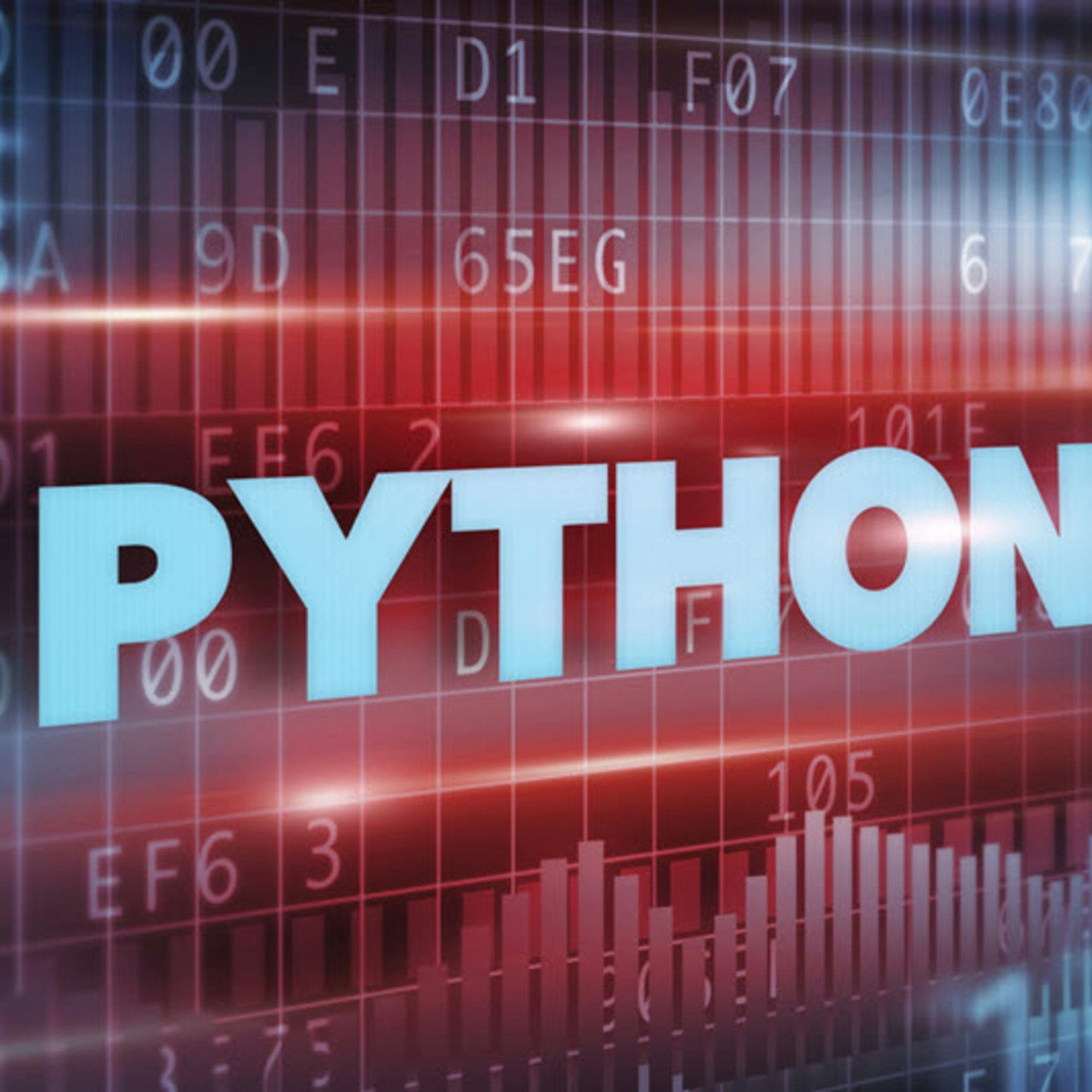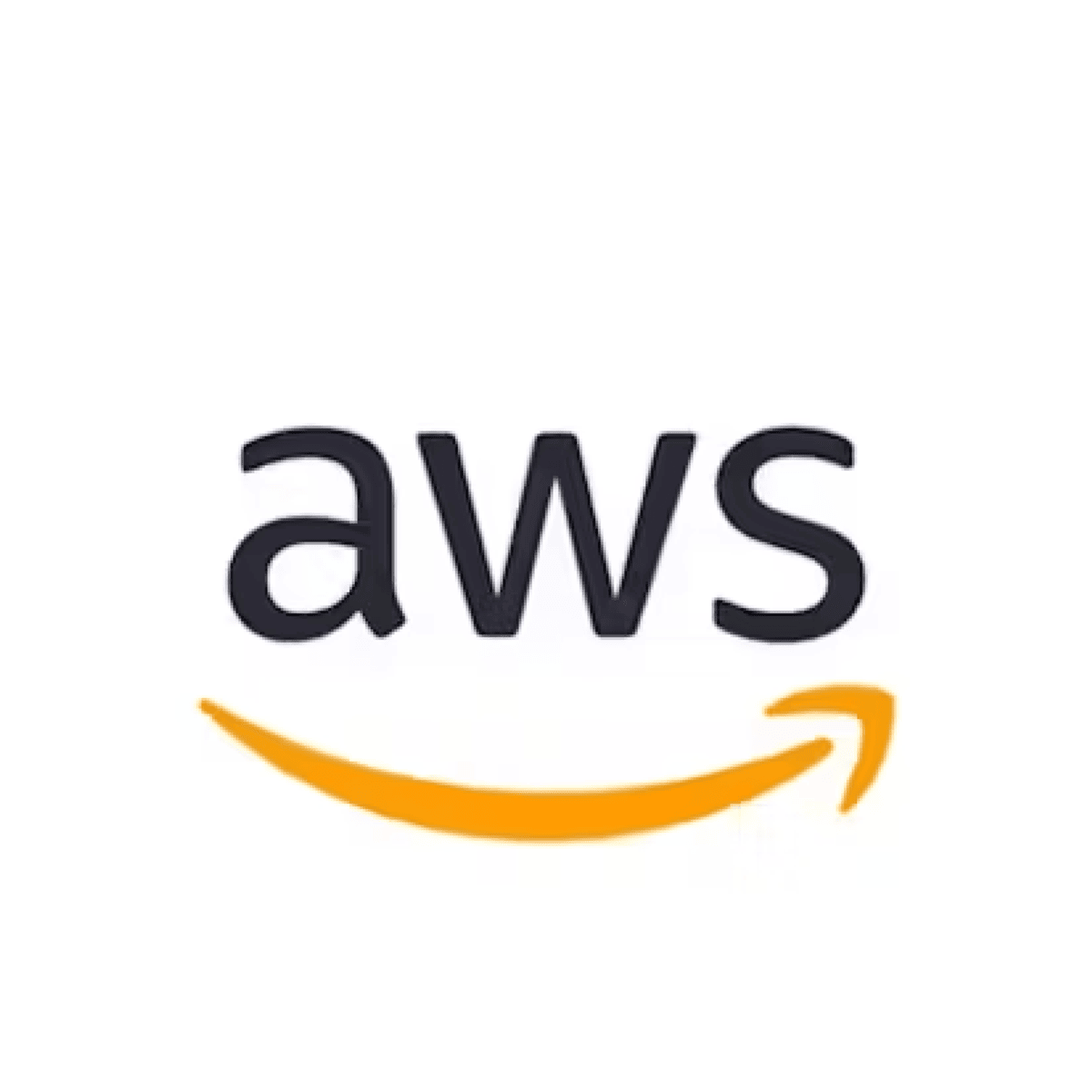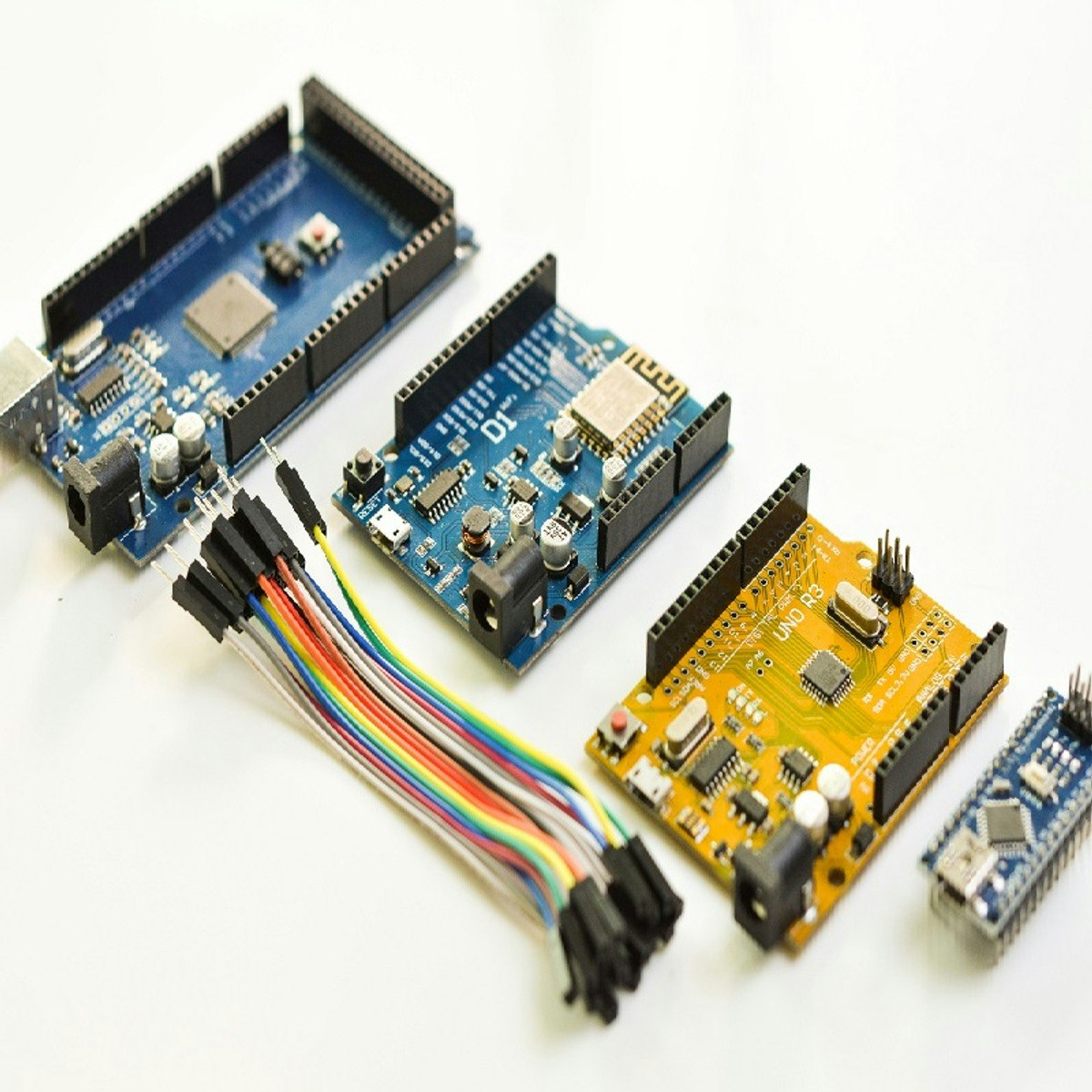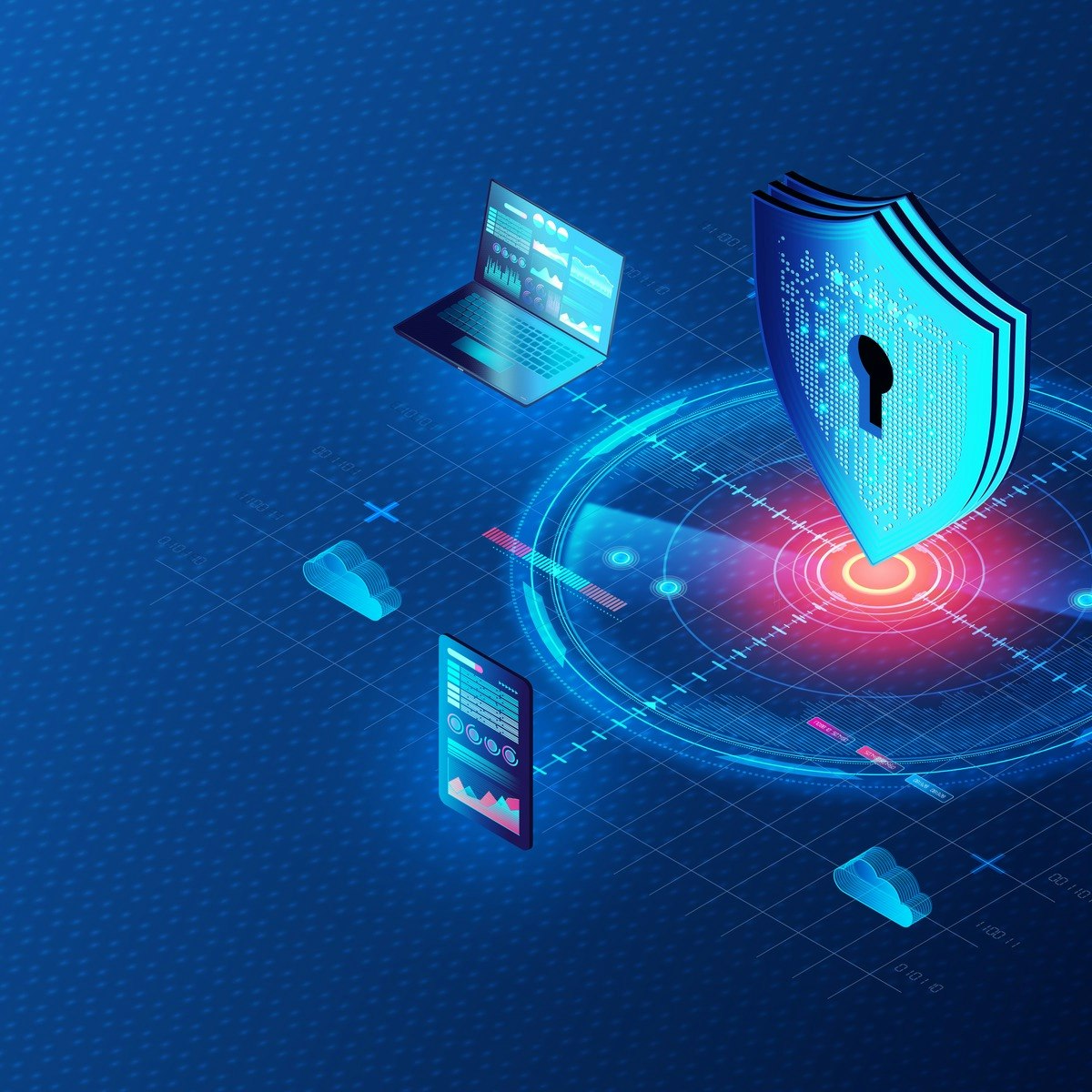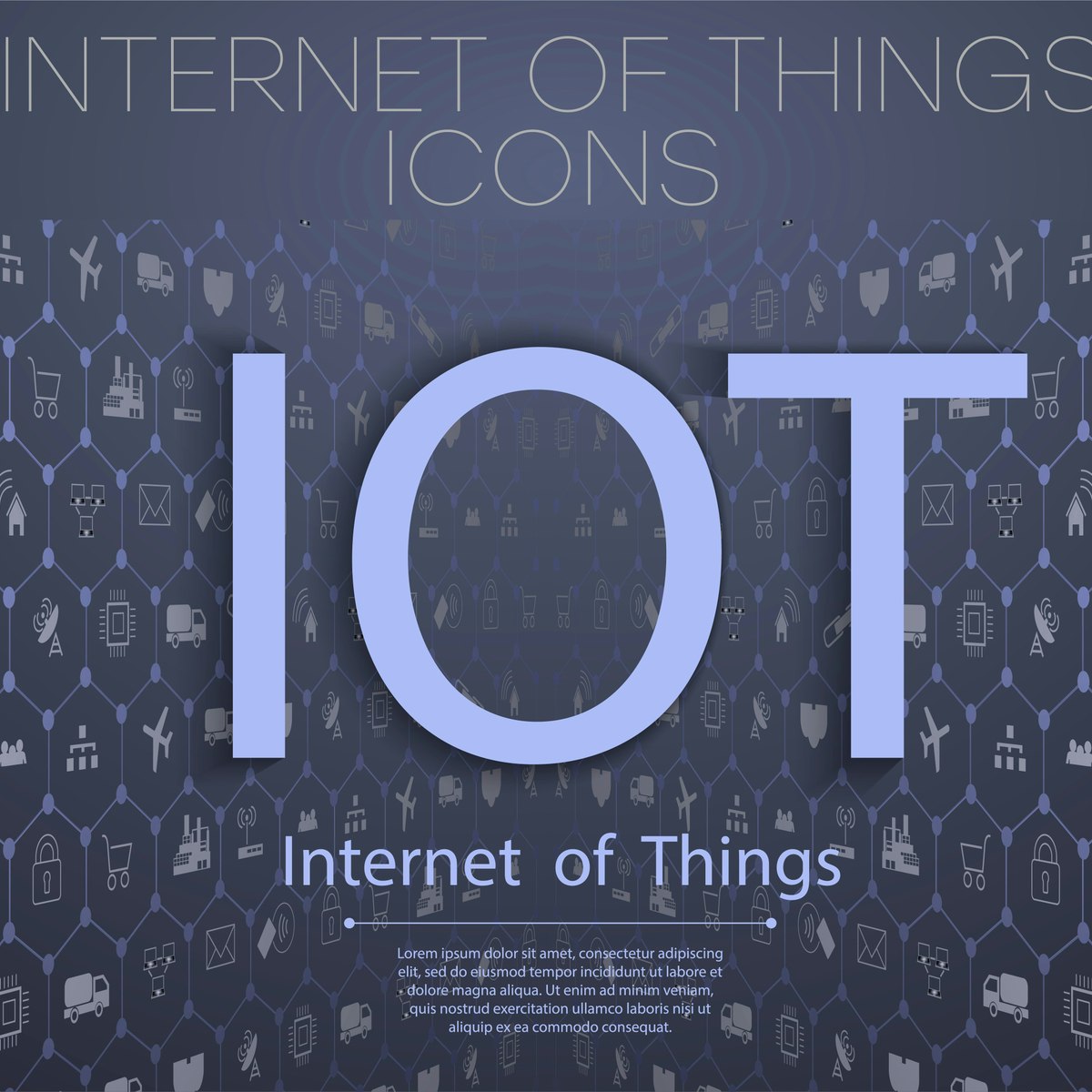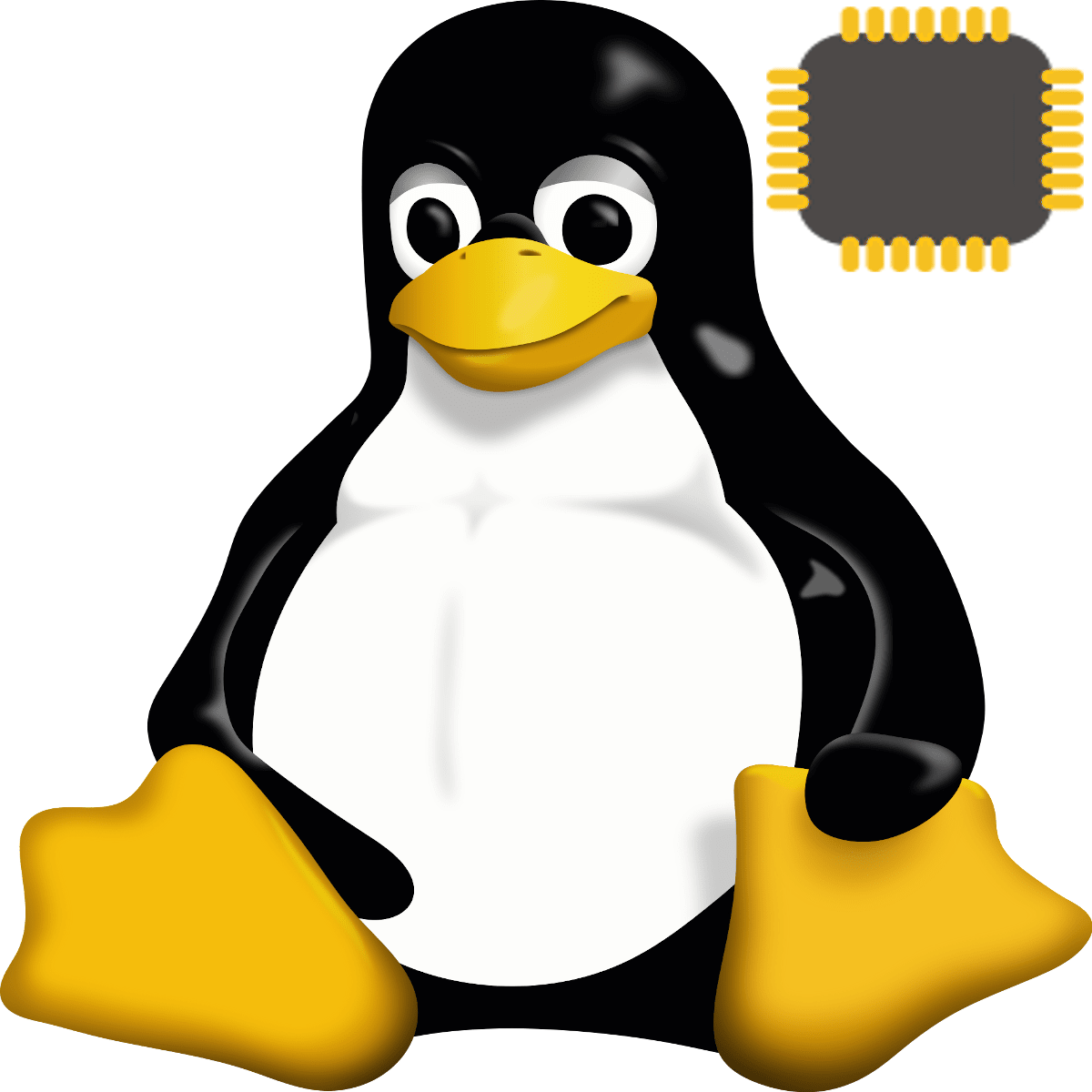IoT Developer
A Comprehensive Guide to Becoming an IoT Developer
The Internet of Things (IoT) connects everyday objects—from smart thermostats and wearable fitness trackers to industrial machinery and city infrastructure—to the internet, enabling them to collect and exchange data. An IoT Developer is a specialized software developer or engineer who designs, builds, tests, and deploys these interconnected systems. They work at the intersection of hardware, software, networking, and data analytics to bring IoT concepts to life.
Working as an IoT Developer offers the chance to shape the future of technology, creating innovative solutions that can enhance convenience, efficiency, and safety across numerous domains. You might find yourself developing systems for smart homes that learn user preferences, building predictive maintenance solutions for factories, or contributing to large-scale smart city projects that optimize traffic flow and resource management. It's a dynamic field where creativity meets technical expertise.
Core Responsibilities of an IoT Developer
The role of an IoT Developer is multifaceted, blending elements of software engineering, hardware interaction, and network management. Understanding the typical duties involved can help you determine if this career aligns with your interests and aptitudes.
Designing and Implementing IoT Systems
A primary responsibility is the conceptualization and development of IoT solutions. This involves translating user needs or business requirements into technical specifications. Developers design the overall architecture, selecting appropriate hardware components, communication protocols, and software frameworks.
They write the code that runs on the IoT devices themselves (firmware) and often the software applications that interact with these devices, whether on mobile apps, web dashboards, or backend servers. This requires a holistic view of the system, from the sensor collecting data to the user interface displaying insights.
Understanding system design principles is crucial for creating scalable, reliable, and efficient IoT applications. Developers must consider factors like power consumption, processing limitations of devices, and the overall flow of data.
These courses provide foundational knowledge in IoT system architecture and practical implementation using various platforms.
Integrating Hardware and Software Components
IoT development uniquely requires bridging the physical and digital worlds. Developers must ensure seamless communication between hardware (sensors, actuators, microcontrollers) and software elements (device firmware, cloud platforms, applications).
This involves configuring device settings, managing data transmission, and troubleshooting issues that arise from the interaction between different components. Familiarity with hardware specifications and capabilities is often necessary, even for developers primarily focused on software.
They might work with various development boards like Raspberry Pi or Arduino, integrating sensors that measure temperature, motion, or location, and actuators that perform actions like turning on a light or adjusting a valve.
Data Security and Network Management
Connecting potentially millions of devices to the internet introduces significant security challenges. IoT Developers are responsible for implementing security measures to protect devices and data from unauthorized access, tampering, or cyberattacks.
This includes securing device communication using encryption, managing device identities and access credentials, and ensuring data privacy compliance. They must stay updated on evolving security threats and best practices within the IoT landscape.
Network management is also key. Developers configure how devices connect (e.g., Wi-Fi, Bluetooth, LoRaWAN, cellular) and how data flows efficiently and reliably to cloud platforms or edge computing nodes for processing and analysis.
Understanding network protocols and data management is essential for robust IoT solutions.
Collaboration with Cross-Functional Teams
IoT projects are rarely solo endeavors. Developers typically collaborate closely with hardware engineers, UI/UX designers, data scientists, product managers, and cybersecurity experts. Effective communication and teamwork are vital.
They need to understand requirements from different stakeholders, provide technical insights, participate in code reviews, and contribute to project planning and documentation. This collaborative environment requires adaptability and strong interpersonal skills.
Being able to explain complex technical concepts to non-technical team members is often a valuable skill in this collaborative setting.
Technical Skills and Tools
Aspiring IoT Developers need a diverse skill set spanning programming, hardware understanding, networking, cloud computing, and security. Mastering these technical areas is fundamental to building successful IoT solutions.
Programming Languages
Proficiency in programming is essential. Languages commonly used in IoT include Python for its versatility in scripting, data analysis, and web development, and C/C++ for firmware development on resource-constrained devices where performance and memory efficiency are critical.
Java is also used, particularly in enterprise-level applications and Android development. JavaScript is relevant for web-based dashboards and applications interacting with IoT data, especially with frameworks like Node.js.
Understanding data structures, algorithms, and object-oriented programming principles forms a solid foundation regardless of the specific language used.
These courses offer introductions and deeper dives into programming languages relevant to IoT development.
These books provide practical guidance on programming microcontrollers often used in IoT.
IoT Platforms
Cloud platforms provide the infrastructure for managing devices, collecting data, and running IoT applications at scale. Familiarity with major IoT platforms like AWS IoT, Microsoft Azure IoT, and Google Cloud IoT Platform is highly valuable.
These platforms offer services for device registration, secure communication, data storage, analytics, and machine learning integration. Developers use these tools to build, deploy, and manage their IoT solutions efficiently.
Understanding the specific services and architectures of these platforms helps in designing robust and scalable IoT systems.
Sensor Technologies and Communication Protocols
IoT Developers need to understand how devices sense the physical world and communicate data. This involves knowledge of various sensor types (temperature, humidity, motion, GPS, etc.) and how to interface with them.
Crucially, they must be familiar with communication protocols tailored for IoT constraints, such as low power consumption and intermittent connectivity. Key protocols include MQTT (Message Queuing Telemetry Transport), CoAP (Constrained Application Protocol), AMQP, and standards like Bluetooth Low Energy (BLE) and LoRaWAN.
Choosing the right protocol depends on the specific application requirements, such as range, data rate, and power budget.
These resources cover essential protocols and interfacing techniques.
Cloud Computing and Edge Computing Basics
Most IoT solutions rely heavily on cloud infrastructure for data processing, storage, and application hosting. A solid understanding of cloud computing concepts (IaaS, PaaS, SaaS), services (virtual machines, databases, serverless functions), and major providers is necessary.
Increasingly, edge computing is becoming important. This involves processing data closer to the source (i.e., on or near the IoT device) rather than sending everything to the cloud. This reduces latency, saves bandwidth, and enhances privacy.
IoT Developers may need skills in deploying and managing applications at the edge, using frameworks and platforms designed for edge devices.
These courses and books explore cloud and edge computing specifically for IoT applications.
Formal Education Pathways
While practical skills are paramount in IoT development, a formal education can provide a strong theoretical foundation and open doors to certain opportunities, especially in research and advanced roles.
Relevant Degrees
A bachelor's degree in fields like Computer Science, Computer Engineering, Electrical Engineering, or Software Engineering is a common starting point for IoT developers. These programs typically cover essential topics like programming, data structures, algorithms, computer architecture, operating systems, and networking.
Coursework in embedded systems, digital signal processing, and communication systems can be particularly beneficial. Some universities are now offering specialized tracks or courses specifically focused on the Internet of Things.
A strong academic background provides the fundamental principles upon which practical IoT skills can be built.
University Research Opportunities
Universities are often hubs of cutting-edge IoT research. Students interested in pushing the boundaries of the field can pursue research opportunities within academic labs. This might involve working on projects related to novel sensor technologies, low-power communication protocols, IoT security, or AI applications in IoT.
Engaging in research can deepen technical understanding, foster innovation skills, and potentially lead to publications or contributions to open-source projects. It's an excellent way to explore specialized areas within the vast IoT landscape.
These experiences can be valuable differentiators when seeking employment or pursuing further graduate studies.
Advanced Degrees and Specializations
For those seeking deep expertise or careers in research and development, a Master's or Ph.D. degree can be advantageous. Graduate programs allow for specialization in areas like IoT security, embedded systems design, wireless communications, data analytics for IoT, or AI/ML applications in IoT.
A Ph.D. is typically required for academic positions or roles in industrial research labs focused on fundamental IoT challenges. These advanced degrees signify a high level of expertise and analytical capability.
Specializing allows developers to become experts in critical niches within the rapidly evolving IoT field.
Certifications Complementing Formal Education
While a degree provides a broad foundation, industry certifications can demonstrate specific skills and proficiency with particular technologies or platforms. Certifications related to cloud platforms (e.g., AWS Certified IoT Specialty, Microsoft Certified: Azure IoT Developer Specialty) are highly regarded.
Other relevant certifications might cover networking (like CompTIA Network+ or Cisco certifications), security (like CompTIA Security+ or CISSP), or specific hardware platforms. These can be particularly useful for showcasing practical skills alongside academic credentials.
Certifications can help bridge the gap between theoretical knowledge gained through formal education and the practical skills demanded by employers.
Online and Self-Directed Learning
The fast-paced nature of IoT means continuous learning is essential. Online courses and self-directed study offer flexible and accessible ways to acquire new skills, supplement formal education, or pivot into an IoT career.
Project-Based Learning Strategies
One of the most effective ways to learn IoT development is by building things. Start with simple projects, like blinking an LED with an Arduino or reading sensor data with a Raspberry Pi, and gradually increase complexity.
Tackle projects that integrate hardware, software, and networking components. For example, build a home weather station that sends data to a cloud dashboard, or create a simple smart lock controlled via a mobile app. This hands-on experience solidifies theoretical knowledge and builds practical problem-solving skills.
Documenting your projects, perhaps on a personal blog or GitHub repository, creates tangible evidence of your abilities.
These courses focus heavily on hands-on projects using popular platforms like Arduino, ESP8266/ESP32, and Raspberry Pi.
These books provide numerous project ideas to get you started.
Leveraging Open-Source IoT Frameworks
Engaging with open-source IoT projects and frameworks provides invaluable learning opportunities. Platforms like Arduino IDE, PlatformIO, ESP-IDF (for ESP32), and libraries for protocols like MQTT are widely used and well-documented.
Contributing to open-source projects, even in small ways like fixing bugs or improving documentation, demonstrates initiative and technical skills. It also allows you to learn from experienced developers and understand real-world coding practices.
Exploring frameworks like Node-RED for visual flow-based programming can also be a great way to quickly prototype IoT applications.
These courses introduce popular microcontrollers and their development environments, often leveraging open-source tools.
Balancing Theoretical and Hands-On Training
While practical projects are crucial, don't neglect the underlying theory. Understanding concepts like network protocols, embedded systems architecture, data security principles, and cloud computing fundamentals provides the context for your practical work.
Online courses often strike a good balance, explaining theoretical concepts alongside practical exercises. Supplement project work with reading documentation, technical blogs, and textbooks to deepen your understanding. Platforms like OpenCourser make it easy to find courses covering both theoretical foundations and practical application across engineering and computer science domains relevant to IoT.
A combination of "knowing why" and "knowing how" makes for a more effective and adaptable developer.
Portfolio Development for Job Readiness
For those seeking employment, especially career changers or self-taught developers, a strong portfolio is essential. It showcases your skills and experience more effectively than a resume alone.
Include detailed descriptions of your projects, highlighting the problems you solved, the technologies you used, and your specific contributions. Add code samples (e.g., via GitHub links), diagrams, and photos or videos of your projects in action.
Tailor your portfolio to the types of roles you're applying for. Emphasize projects that demonstrate skills relevant to the job descriptions. A well-curated portfolio is a powerful tool in your job search.
Courses focusing on building end-to-end applications can be excellent additions to your portfolio.
IoT Developer Career Progression
A career in IoT development offers various pathways for growth and specialization. Understanding the potential trajectory can help you plan your long-term career goals.
Entry-Level Roles
Individuals starting in the field might begin as IoT Technicians, Junior IoT Developers, or Embedded Software Engineers with an IoT focus. These roles often involve supporting senior developers, testing devices, troubleshooting connectivity issues, or working on specific modules of a larger system.
Entry-level positions provide valuable hands-on experience with hardware, software, and networking protocols in a real-world context. It's a crucial stage for building foundational skills and understanding industry practices.
Focusing on mastering core technical skills and demonstrating a willingness to learn are key at this stage.
Mid-Career Specialization Paths
With experience, IoT Developers can specialize in various areas. Some may focus on embedded systems programming, becoming experts in optimizing code for specific microcontrollers. Others might specialize in IoT security, focusing on vulnerability analysis and secure architecture design.
Another path is specializing in specific IoT platforms (like AWS or Azure IoT) or focusing on data analytics and machine learning for IoT data. Specialization allows developers to deepen their expertise and increase their market value in high-demand niches.
Mid-career developers often take on more complex design tasks, lead small teams, or mentor junior engineers.
Leadership Roles
Experienced IoT developers can progress into leadership positions. An IoT Solutions Architect designs the high-level structure of complex IoT systems, making critical decisions about technology choices, scalability, and integration.
Other leadership roles include IoT Product Manager, guiding the development lifecycle of IoT products from conception to launch, or Engineering Manager, leading teams of IoT developers. These roles require strong technical foundations combined with strategic thinking, communication, and management skills.
Transitioning into leadership often involves a broader understanding of business goals and market trends.
Consider related roles that leverage similar skill sets.
Freelance and Consulting Opportunities
The demand for IoT expertise also creates opportunities for experienced developers to work as freelancers or consultants. Companies often seek specialized skills for specific projects without needing a full-time employee.
Freelancers might help startups prototype new IoT products, assist larger companies with specific technical challenges, or offer strategic advice on IoT implementation. This path offers flexibility but requires strong self-management, networking, and business development skills.
Building a strong reputation and portfolio is crucial for success in freelance or consulting roles.
Industry Applications and Case Studies
IoT technology is transforming numerous industries, creating diverse opportunities for developers. Understanding these applications highlights the real-world impact and relevance of the field.
Healthcare IoT Systems
In healthcare, IoT enables remote patient monitoring, smart medical devices, and hospital asset tracking. Developers create systems that collect vital signs, manage medication adherence through smart dispensers, or track expensive equipment within hospitals.
These applications can improve patient outcomes, increase efficiency, and enable new models of care like telehealth. Security and data privacy are paramount concerns in this sensitive domain.
Wearable sensors and connected diagnostic tools are key components of many healthcare IoT solutions.
Smart City Infrastructure
IoT is fundamental to building smarter cities. Applications include intelligent traffic management systems that optimize signal timing based on real-time conditions, smart lighting that adjusts brightness based on occupancy, and environmental monitoring networks measuring air quality or noise levels.
Developers in this area work on large-scale systems involving numerous sensors, complex communication networks, and data platforms for urban planning and management. These projects aim to improve quality of life, sustainability, and operational efficiency in urban environments.
Integrating diverse systems and ensuring reliability across vast networks are key challenges.
Industrial IoT (IIoT) Case Examples
The Industrial Internet of Things (IIoT) focuses on applying IoT technology in manufacturing, energy, agriculture, and other industrial sectors. Examples include predictive maintenance systems that monitor machinery health to prevent failures, automated quality control using sensor data, and optimized supply chains through asset tracking.
IIoT developers work with industrial protocols, ruggedized hardware, and platforms designed for high reliability and security in demanding environments. These solutions aim to boost productivity, reduce operational costs, and improve worker safety.
This book delves into developing applications for the industrial sector.
Consumer Wearable Technology
The consumer market is rich with IoT devices, particularly wearables like smartwatches, fitness trackers, and smart clothing. Developers create the firmware for these devices and the companion mobile apps that allow users to interact with their data.
This involves optimizing for low power consumption, designing intuitive user interfaces, and integrating with cloud services for data storage and analysis. Balancing features with battery life and ensuring user data privacy are key considerations.
The consumer IoT space is highly competitive, driving constant innovation in features and design.
Ethical and Security Challenges
The widespread deployment of connected devices raises significant ethical and security concerns that IoT Developers must address responsibly.
Data Privacy Regulations
IoT devices often collect vast amounts of personal data, from location information to health metrics. Developers must design systems that comply with data privacy regulations like the General Data Protection Regulation (GDPR) in Europe and the California Consumer Privacy Act (CCPA).
This involves implementing principles like data minimization (collecting only necessary data), obtaining user consent, anonymizing data where possible, and providing users with control over their information. Failing to comply can lead to significant legal and reputational consequences.
Understanding and embedding privacy-by-design principles into the development process is crucial.
Vulnerabilities in IoT Ecosystems
The interconnected nature of IoT creates a large attack surface. Insecure devices can be compromised and used in botnets for large-scale cyberattacks, or provide entry points into larger networks. Developers must prioritize security throughout the design and development lifecycle.
This includes secure coding practices, regular security testing, implementing secure boot processes, encrypting communications and stored data, and providing mechanisms for secure firmware updates. Addressing vulnerabilities requires ongoing vigilance and adherence to security best practices.
This course specifically addresses security concerns within IoT.
Sustainability of IoT Deployments
The proliferation of billions of IoT devices raises concerns about electronic waste and energy consumption. Developers should consider the environmental impact of their designs.
This might involve designing devices for longevity and repairability, optimizing for low power consumption to extend battery life and reduce overall energy usage, and considering the end-of-life disposal or recycling of devices.
Sustainable design principles are becoming increasingly important as the scale of IoT deployments grows.
Bias in IoT Data Collection
If not carefully designed, IoT systems can perpetuate or even amplify existing societal biases. For example, sensors used in facial recognition might perform less accurately on certain demographic groups, or data collected from smart city sensors might reflect historical inequalities.
Developers need to be aware of potential sources of bias in data collection, algorithms, and system design. Efforts should be made to ensure fairness, equity, and inclusivity in the development and deployment of IoT technologies.
Considering the potential societal impact and striving for ethical design are essential responsibilities.
Emerging Trends in IoT Development
The Internet of Things is a rapidly evolving field. Staying aware of emerging trends is crucial for long-term career success and for building future-proof solutions.
AI and Machine Learning Integration
Artificial Intelligence (AI) and Machine Learning (ML) are increasingly integrated with IoT. AI/ML algorithms can analyze the vast amounts of data generated by IoT devices to identify patterns, make predictions, and enable intelligent automation.
Examples include predictive maintenance, anomaly detection in sensor readings, personalized recommendations in smart homes, and intelligent control systems. Developers increasingly need skills in applying ML models, often directly on edge devices (Edge AI) for faster response times and enhanced privacy.
This fusion of IoT and AI unlocks powerful new capabilities and applications.
This course explores the intersection of AI/ML and IoT.
This cookbook provides practical recipes for AI in IoT.
5G and Low-Power Wide-Area Networks (LPWAN)
Advances in wireless communication technologies are shaping the future of IoT. 5G networks promise higher bandwidth, lower latency, and the ability to connect a massive number of devices, enabling new applications like real-time remote control and high-definition video streaming from IoT devices.
Simultaneously, LPWAN technologies like LoRaWAN and NB-IoT continue to evolve, offering long-range, low-power connectivity ideal for applications like smart agriculture, environmental monitoring, and asset tracking where devices need to operate on batteries for years.
Developers need to understand the capabilities and trade-offs of these different connectivity options.
Decentralized IoT Architectures
Traditional IoT architectures often rely on centralized cloud platforms. However, decentralized approaches, sometimes leveraging blockchain or peer-to-peer technologies, are emerging. These architectures can enhance security, privacy, and resilience by distributing control and data storage.
Decentralized models may be particularly relevant for applications requiring high levels of trust or where reliance on a single central authority is undesirable. This area is still evolving but holds significant potential for future IoT systems.
Understanding distributed systems concepts is becoming increasingly relevant.
Quantum Computing Implications
While still in its early stages, quantum computing has the potential to significantly impact IoT, particularly in security. Quantum computers could potentially break current encryption algorithms used to secure IoT communications.
Researchers are actively developing quantum-resistant cryptography methods. While not an immediate requirement for most IoT developers today, awareness of these future challenges and potential solutions will be important for long-term security planning.
The intersection of quantum computing and cybersecurity is an area to watch for future developments.
Frequently Asked Questions
Here are answers to some common questions potential IoT Developers might have.
Is the IoT development field becoming saturated?
While the number of developers interested in IoT is growing, the field itself is expanding rapidly across diverse industries. The demand for skilled IoT professionals who can bridge hardware, software, and cloud technologies remains strong. According to market analyses, such as those discussed by TechRepublic, the IoT market continues its significant growth trajectory.
Specialization in high-demand areas like IoT security, edge computing, or specific industry applications (like IIoT or healthcare IoT) can further enhance job prospects. Continuous learning and skill development are key to staying competitive.
While entry-level competition exists, significant opportunities remain, especially for those with strong foundational skills and practical project experience.
Can IoT Developers work remotely?
Yes, many IoT development roles, particularly those focused on software, cloud platforms, and data analysis, can be performed remotely. Tasks like writing code, managing cloud infrastructure, analyzing data, and collaborating with distributed teams are well-suited for remote work.
However, roles involving significant hardware interaction, physical device testing, or on-site deployment and maintenance might require some level of physical presence. The feasibility of remote work often depends on the specific role, company culture, and the nature of the projects involved.
The trend towards remote work in the tech industry has increased the availability of remote IoT positions.
What are typical salary ranges for IoT Developers?
Salaries for IoT Developers vary significantly based on factors like location, years of experience, specific skill set, education level, and the industry sector. Generally, IoT development roles command competitive salaries due to the specialized skills required.
Entry-level positions might start lower, while experienced developers, particularly those with expertise in security, cloud platforms, or AI/ML integration, can earn substantial incomes. Salary data from sources like Robert Half's Salary Guide or Payscale can provide more specific benchmarks for different regions and experience levels.
It's generally considered a well-compensated field within the broader tech industry.
How can I transition from web development to IoT development?
Web developers already possess valuable skills applicable to IoT, particularly in backend development, API integration, and frontend dashboards. To transition, focus on acquiring skills specific to IoT.
Learn a language like C/C++ for firmware development and gain hands-on experience with microcontrollers (Arduino, ESP32, Raspberry Pi). Study IoT communication protocols (MQTT, CoAP) and networking fundamentals. Familiarize yourself with major IoT cloud platforms (AWS IoT, Azure IoT).
Start with personal projects combining your web skills with basic hardware interaction. Online courses and project-based learning are excellent resources for bridging the gap. Emphasize your existing software development expertise while highlighting your new IoT-specific skills.
Should I focus more on hardware or software in IoT?
IoT development inherently involves both hardware and software, but individuals can specialize. Some roles are heavily software-focused, dealing with cloud platforms, data analytics, and application development, requiring minimal direct hardware interaction.
Other roles, like embedded systems engineering, are deeply hardware-centric, focusing on firmware development, circuit design, and sensor integration. Many roles, however, require a blend of both, demanding an understanding of how software interacts with physical devices.
Consider your interests and background. A foundational understanding of both sides is beneficial, but you can choose to deepen your expertise in either hardware or software as your career progresses.
How will AI automation impact IoT development jobs?
AI and automation are likely to change, rather than eliminate, IoT development roles. AI tools may automate certain coding tasks, testing procedures, or data analysis steps, potentially increasing developer productivity.
However, the need for human expertise in designing complex systems, understanding nuanced requirements, ensuring security and ethical considerations, and integrating diverse technologies will remain crucial. AI may handle routine tasks, freeing developers to focus on higher-level design, innovation, and problem-solving.
The ability to leverage AI tools effectively will likely become an important skill for future IoT developers. Continuous learning and adapting to new tools will be essential.
Conclusion
Embarking on a career as an IoT Developer places you at the forefront of technological innovation, connecting the physical and digital worlds. It demands a unique blend of skills in software, hardware, networking, and data management, offering intellectually stimulating challenges and the opportunity to build impactful solutions across countless industries.
The path requires continuous learning and adaptation, whether you pursue formal education, dive into online courses, or build skills through hands-on projects. While challenging, the journey is accessible, especially with the wealth of resources available on platforms like OpenCourser. If you are passionate about technology and eager to shape how we interact with the world around us, a career in IoT development offers a rewarding and dynamic future.



